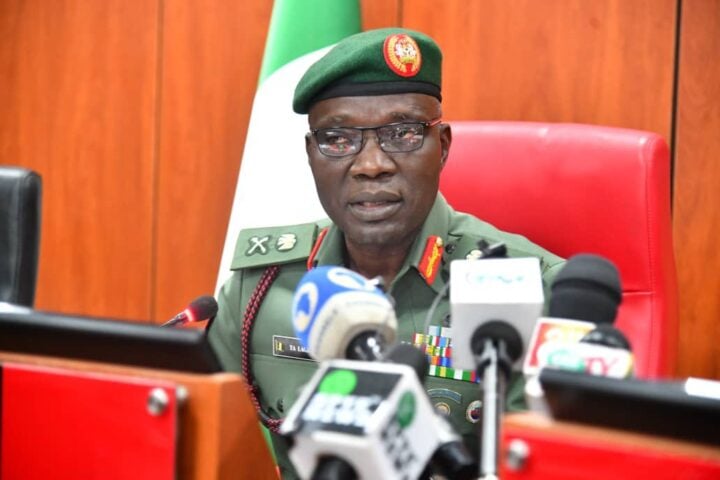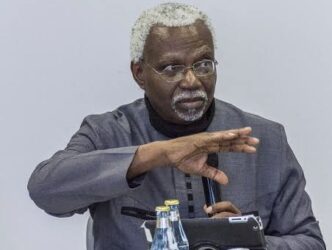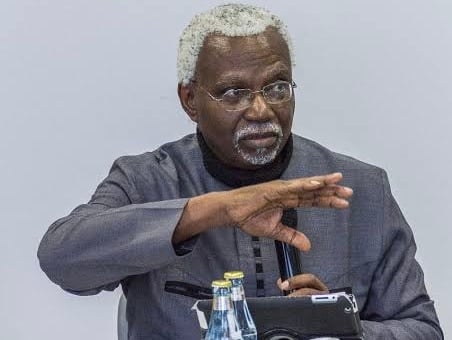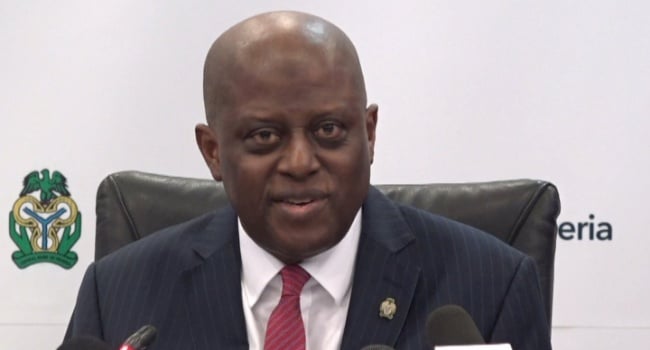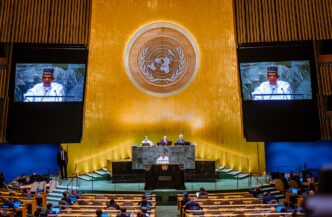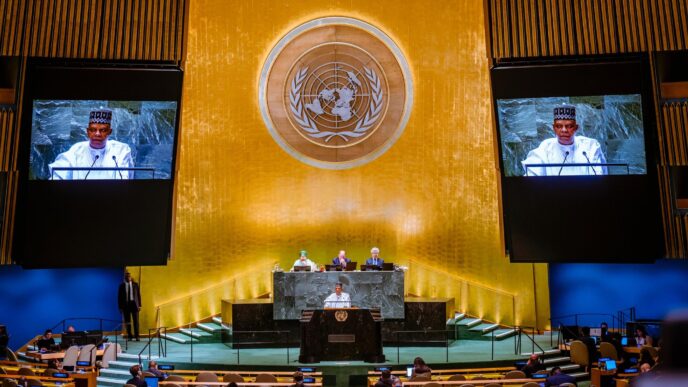Taoreed Lagbaja
Taoreed Lagbaja, chief of army staff, says it is unrealistic for two million security personnel to protect a population of over 200 million Nigerians.
Lagbaja made this remark during the 2024 distinguished personality lecture in Ilorin, Kwara state capital, on Tuesday.
“In a country of over 200 million people, it is unrealistic to expect security agencies, totalling around two million, including an army of just over 100,000 active personnel without a reserve force, to secure the entire population,” Lagbaja said.
Represented by Sanni Mohammed, chief of army training, Lagbaja highlighted the military’s heavy reliance on imported defence equipment due to the country’s weak industrial base.
Advertisement
“We import over 90 percent of our military needs,” he said, noting that despite some local production efforts, the country’s dependence on foreign military supplies remains overwhelming.
The army chief also expressed concerns over the inadequate funding of the Armed Forces of Nigeria (AFN), which he said significantly affecting the military’s operational performance.
“The pursuit of national development alongside national security is a costly endeavour, as defence policy is capital-intensive,” he said.
Advertisement
“In 2023, the entire AFN had a budget of about $2.8 billion, with an additional supplementary budget of around one billion dollars. However, not all budgetary allocations were fully released.
“Although funding for the AFN has been improving annually since 2017, the country’s economic downturn has eroded the actual value of what is released.
“The lack of funding affects the AFN’s equipment holdings, which directly impacts performance.”
Addressing the security personnel gap, Lagbaja emphasised that the army and other security agencies remain significantly under-resourced, making them vulnerable to exploitation by criminal elements.
Advertisement
“The considerable resource gap is being exploited by criminal elements. Addressing this requires investment in expanding and strengthening security forces, ensuring adequate personnel and resources,” he said.
“National security requires all citizens to be part of the security framework, fostering vigilance, trust, and community engagement. This will create a more resilient citizenry, better equipped to respond to national emergencies.”
In his remarks, Wahab Egbewole, vice chancellor of the University of Ilorin, stressed the importance of peace and security for sustainable development.
The event, organised by the Centre for Peace and Strategic Studies at the University of Ilorin, in collaboration with the Martin Luther Agwai International Leadership and Peacekeeping Centre, Jaji, was held as part of activities marking the United Nations International Day of Peace.
Advertisement
Add a comment
